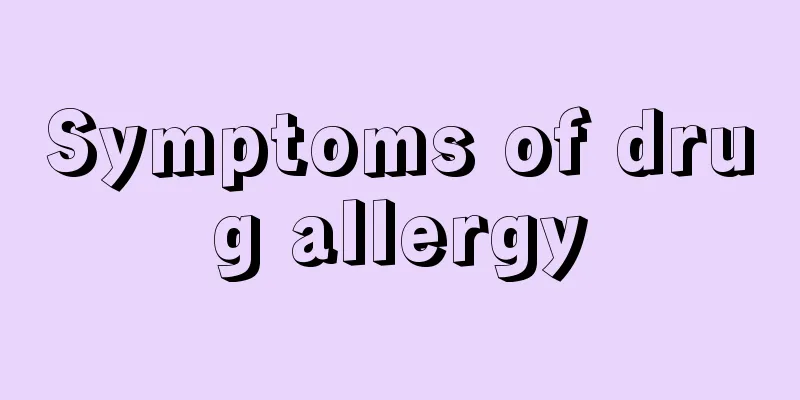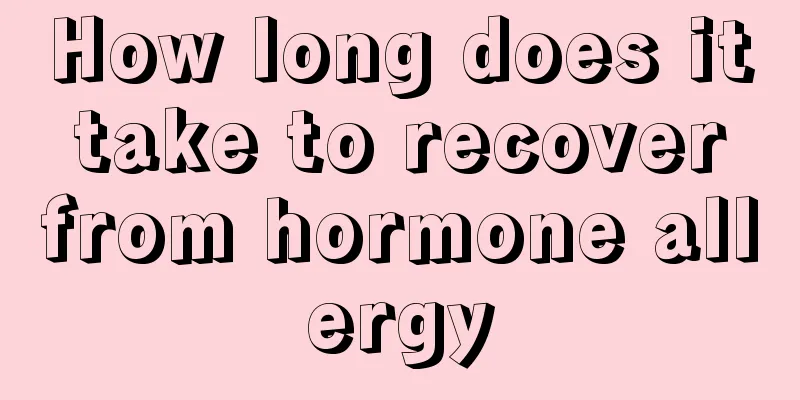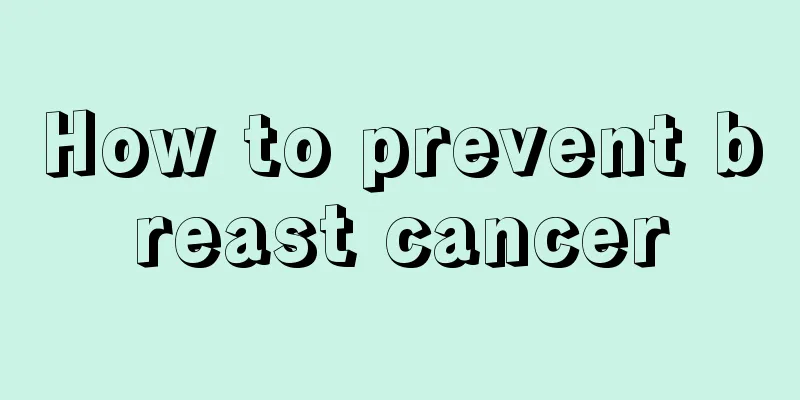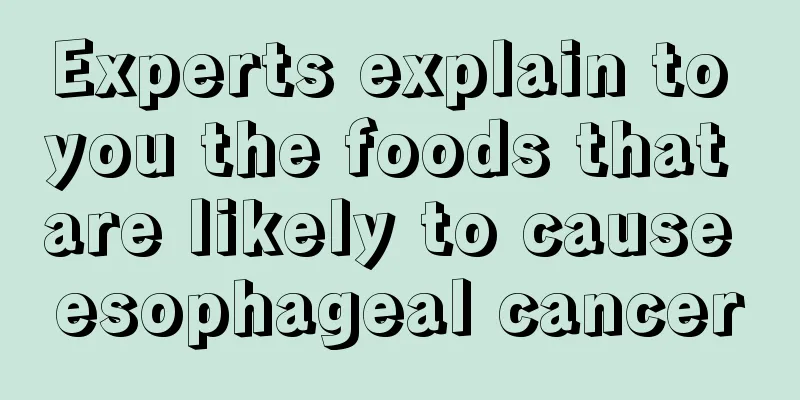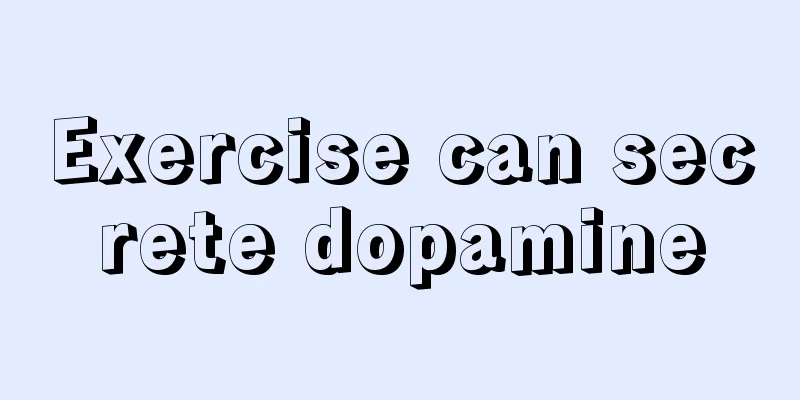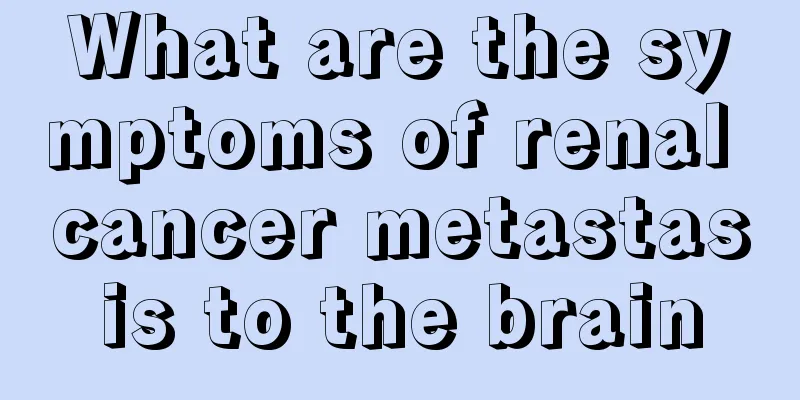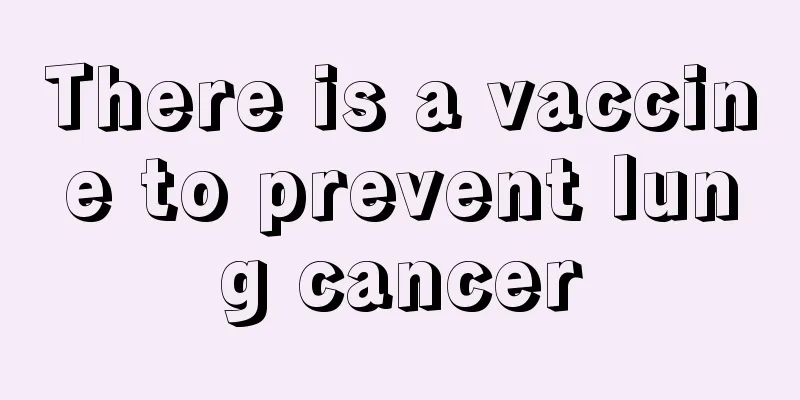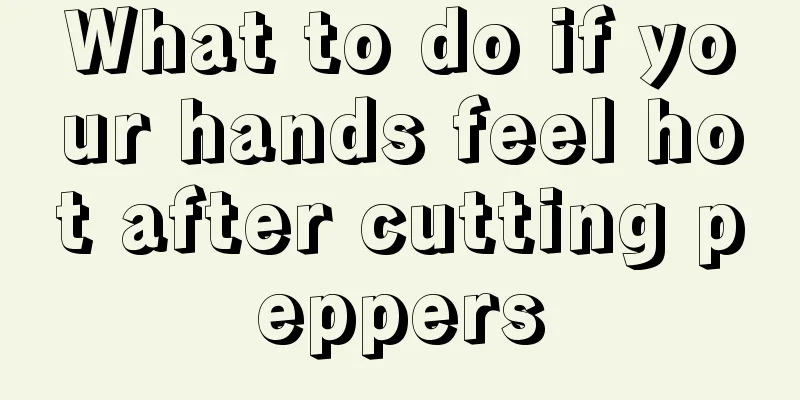My heart is pounding because of these reasons
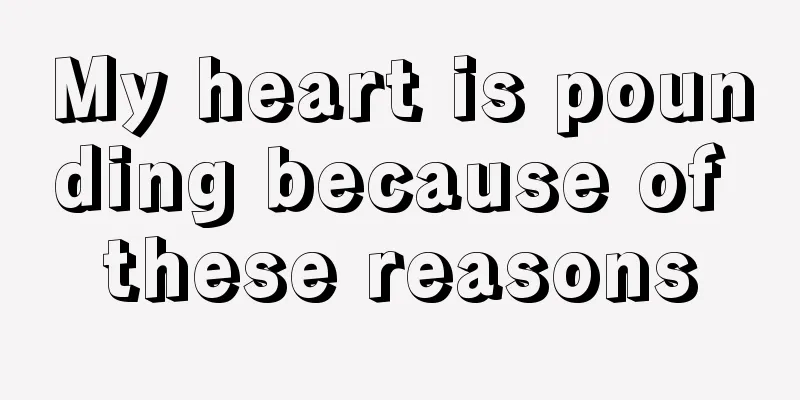
|
Some friends cannot control themselves when encountering some unexpected events, and their hearts start to pound. In addition, it may also be caused by physiological, drug-related and pathological reasons. If it cannot be effectively controlled in time, you should go to the hospital for examination and treatment in time. 1. What causes a rapid heartbeat? 1. Physiological reasons Physiologically fast heart rate is very common. Many factors can affect the heart rate, such as changes in body position, physical activity, food digestion, emotional anxiety, pregnancy, excitement, fear, excitement, drinking, smoking, drinking tea, etc., all of which can increase the heart rate. Age is also a factor; children tend to have faster heart rates. 2. Drug-related causes Such as sympathomimetic drugs such as ephedrine and adrenaline. Parasympathetic blocking drugs such as atropine, caffeine, thyroxine, amphetamine, etc. can cause a rapid heart rate. 3. Pathological causes Such as systemic diseases: high fever, anemia, hypoxia, infection, hyperthyroidism, pain, acute rheumatic fever, beriberi and neurosis can cause a rapid heart rate. 2. What should I do if my heart beats too fast? 1. Breath holding method Ask the patient to take a deep breath, hold it, and then exhale forcefully. Another method is to ask the patient to take a deep breath, hold his breath, and then inhale forcefully. Using these two methods can sometimes slow down a rapid heartbeat. 2. Induce vomiting Stimulating the throat with a tongue depressor or fingers can induce vomiting, which can reflexively cause the heart rate to slow down by stimulating the vagus nerve. 3. Carotid sinus compression Find the part of the neck where the pulse is most obvious, approximately at the same level as the upper edge of the thyroid cartilage, and use the 2nd, 3rd, and 4th fingers to press the cervical vertebrae. It is best to focus on massage, with each time not exceeding 5 to 10 seconds. If there is no effect, massage again after a few seconds, but do not press on both sides at the same time as there is a risk of sudden heart arrest. If you notice your heartbeat slowing down, stop compressions immediately. 4. Pressure on the eyeball Have a family member press one or both eyeballs with their fingers for about 10 seconds, wait until the heartbeat stops temporarily, and then slowly reduce the pressure. Do not apply too much pressure on the eyeball. People with glaucoma or high myopia cannot use this method because there is a risk of increased intraocular pressure or retinal detachment. |
<<: What to do if you get angry in winter, what to eat
>>: What can people with diabetes eat? Have you eaten all of these?
Recommend
How to treat acne pimples?
Acne is a very common skin disease, but many frie...
Are the dangers of intravenous infusion real?
In daily life, some people think that intravenous...
What should lung cancer patients eat? Dietary considerations for lung cancer patients
Diet has a great impact on lung cancer, and a goo...
Do I need to take anti-inflammatory drugs if acne is infected
Every day, many people have pimples on their face...
Bedtime yoga for beginners
Bedtime yoga refers to yoga done before going to ...
There are many causes of prostate cancer in life
In recent years, the incidence of prostate cancer...
Is bile duct cancer serious?
Is bile duct cancer serious? This is a question t...
Genetic testing for thalassemia
What are the items needed for thalassemia gene te...
Is black wolfberry good for kidney or red wolfberry
Kidney deficiency is a common condition in the hu...
People must take good care of bladder cancer in their lives
Bladder cancer is a common disease. Once it occur...
What to do if you lose your hair due to staying up too late
Some people get more excited as the night goes on...
Is glaucoma hereditary? Parents must know this
Glaucoma is a relatively common disease in life. ...
Preventing cervical cancer in daily life
At present, the incidence of cervical cancer is g...
What should I do if I have a stuffy nose, sore throat, cough and yellow phlegm?
Nasal congestion, sore throat, cough, accompanied...
Which five types of people are prone to glioma
People who are prone to glioma may have a family ...
